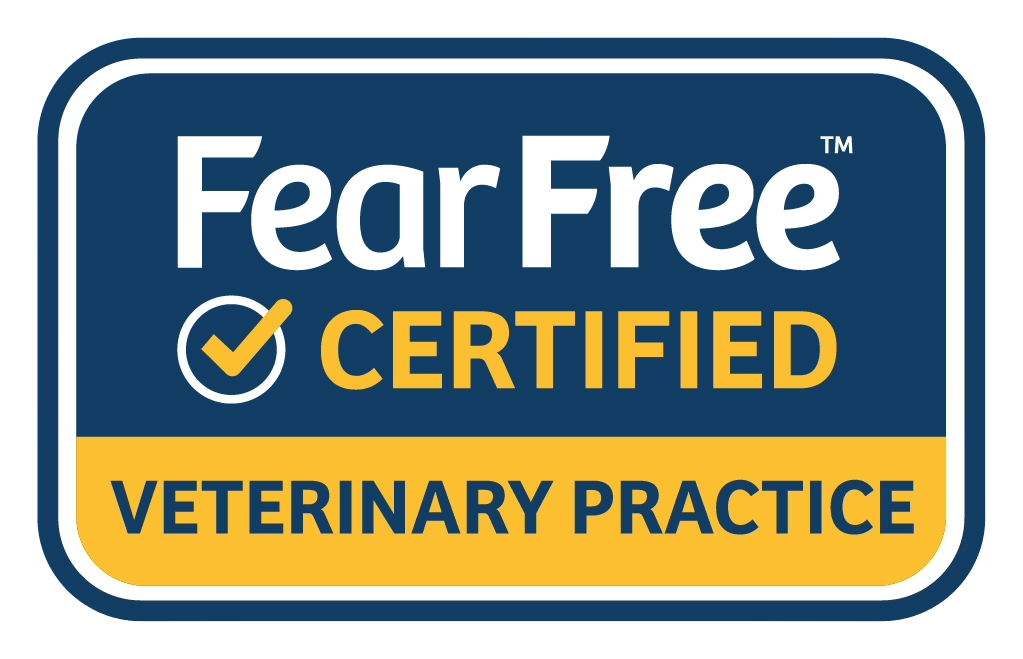How old does my dog need to be to start parasite prevention work?
It is ideal to start deworming puppies for intestinal parasites at the age of two weeks. For external parasites like fleas and ticks, most products are labeled for use on dogs aged eight weeks and older.
Dr. Noël Lucas
Blue Oasis Pet Hospital
What are intestinal parasites and how do I get rid of them in my dog?
Intestinal parasites are parasites that live in your dog's intestines. They attach themselves to the inner lining (the mucosa) or embed themselves and create life cycles within the intestines. Common intestinal parasites include roundworms, hookworms, whipworms, tapeworms, coccidia, and giardia. Treatment options depend on the type of parasite, and your veterinarian will recommend the best course of action.
What are external parasites and what can I do to prevent them?
External parasites include fleas, ticks, lice, and mites (such as demodectic mange and sarcoptic mange). Treatment and prevention options for these parasites depend on the specific type of parasite, and your veterinarian will recommend the best course of action.
How soon should I bring my dog into the veterinarian if I suspect they have parasites?
The sooner the better, as it is important to identify the specific parasite and treat it quickly and effectively. Additionally, some parasites can be transmitted from dogs to humans (zoonotic), so it is crucial to identify the parasite and educate yourself on the risks and how to keep your family safe.
Is ringworm a parasite?
No, ringworm is not a parasite and it is not a worm. It is a fungal infection, also known as dermatophytosis, and is often confused with a worm or other type of parasite.
Why is early detection and diagnosis of parasites super important?
Early detection allows for faster, more effective, and safer treatment. It also prevents your environment from becoming overwhelmed with parasite burden, such as flea or tick infestations or intestinal parasites. Some parasites can live in your environment for up to two years, so preventing chronic problems for your dog is crucial. Reach out to your veterinarian for assistance and advice on parasite prevention and treatment.
If you still have other questions and you'd like to reach out to us, you can call us directly at (615) 975-2583 , or you can email us at [email protected]. But please do reach out, and we'll get back to you as fast as we can. Don't forget to follow us on social media https://www.facebook.com/BlueOasisPetHospital/, https://www.instagram.com/blueoasispet/
Dog Parasites - FAQs
Dr. Noël Lucas
Blue Oasis Pet Hospital
What are the treatments for dog parasites?
There are multiple treatments available for dog parasites, depending on the type of parasite your dog has. For external parasites like fleas, oral or topical treatments may be recommended. For intestinal parasites, oral deworming is often recommended, followed by discussions on prevention. It's essential to consult with your veterinarian to determine the most effective and safest treatment for your dog's specific parasite issue.
If one pet has parasites, do all pets in the home need to receive treatment?
Whether all pets in the home need treatment depends on the type of parasite. If your dog has fleas and you have indoor cats, it's recommended that all pets receive flea treatment or prevention to avoid infestation. However, some parasites, like roundworms, are not transmitted between dogs and cats. It's essential to discuss with your veterinarian the best course of action for each pet in your home and the specific parasite involved.
Can I get parasites from a dog?
While it's not very common, there are instances where humans can be exposed to parasites from dogs. For example, a tick may catch a ride on your dog and then crawl off to attach to you. Fleas may not leave your dog or cat, but they can create a life cycle in your home and eventually bite humans. Some intestinal parasites can be shed in the feces of your dog and, through environmental exposure, could potentially penetrate your skin. Overall, the risk is relatively low, but it's essential to be aware of the possibility.
Are parasitic infections serious or will they go away on their own?
Parasitic infections are generally unpleasant and can cause various symptoms in your dog, such as itching or bloating. If left untreated, these infections can worsen and cause more severe issues. It's crucial to identify and treat parasitic infections early to prevent complications and ensure your pet's overall health.
Can I use natural or over-the-counter treatments for my dog?
There are many over-the-counter treatments available for dog parasites, some of which may be safe and effective, while others may not be. It's essential to consult with your veterinarian before using any over-the-counter or natural treatments, as some products may be unsafe or ineffective for your pet's specific needs.
What can I do at home to treat or prevent parasite infections?
To treat or prevent parasite infections at home, it's essential to be vigilant about your pet's hair coat, symptoms, and overall well-being. Identifying any issues early can help ensure proper treatment and prevention measures are taken. Consult with your veterinarian to discuss the best flea, tick, and intestinal parasite prevention options for your pet. If you have any questions about your dog's parasites, don't hesitate to reach out to a veterinary professional for assistance.
If you still have other questions and you'd like to reach out to us, you can call us directly at (615) 975-2583 , or you can email us at [email protected]. But please do reach out, and we'll get back to you as fast as we can. Don't forget to follow us on social media https://www.facebook.com/BlueOasisPetHospital/, https://www.instagram.com/blueoasispet/


